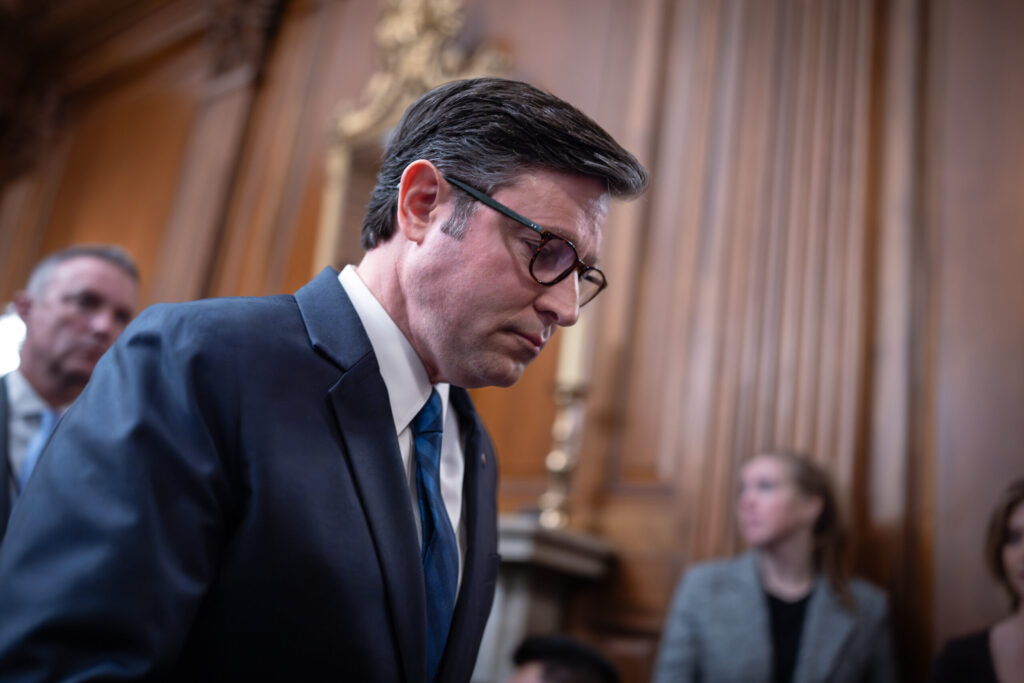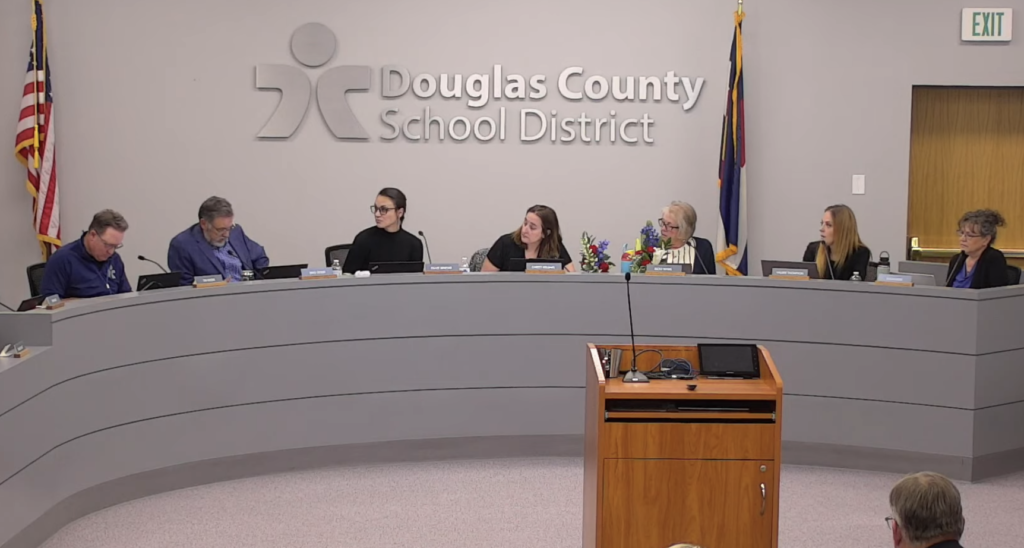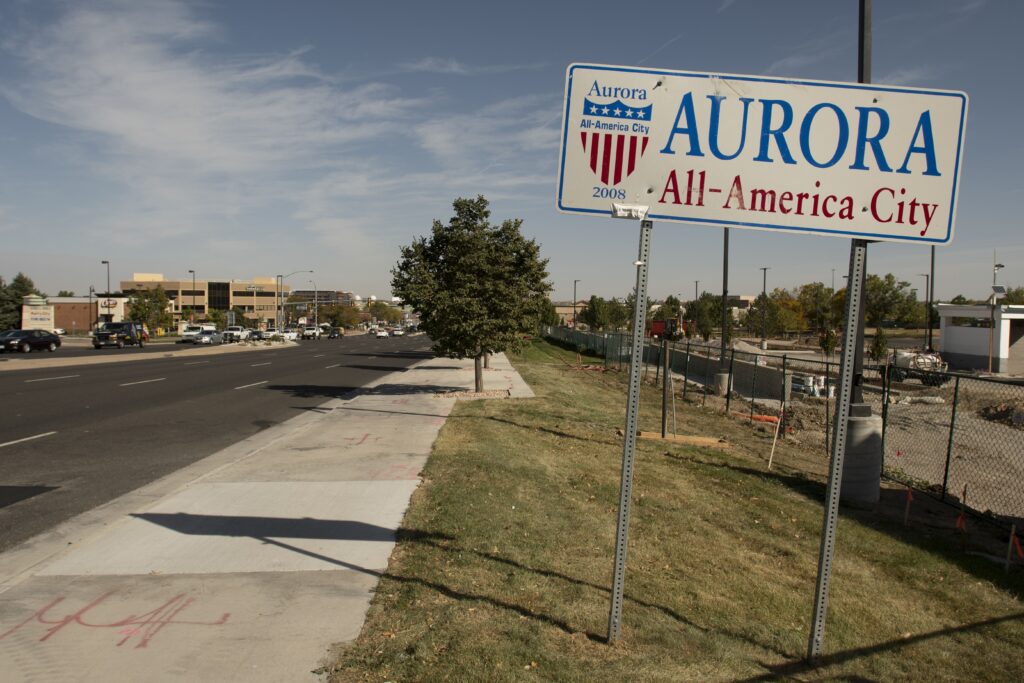Colo. Supreme Court rejects Levin appeal, leaves Dem AG hopeful off primary ballot

The Colorado Supreme Court declined to review motions filed late last week by Democratic attorney general candidate Brad Levin, who asked the court to takes steps to put him on the June primary ballot despite earlier rulings that he didn’t gather enough petition signatures.
Levin argued that signature verification methods employed by Secretary of State Wayne Williams and his staff unjustly excluded thousands of signatures, enough to keep the Denver attorney short of the 10,500 valid signatures required to qualify for the primary.
Levin also challenged Colorado’s petition process on constitutional grounds in earlier lawsuits but didn’t appeal those claims after a Denver District Court judge dismissed the cases last week.
The high court’s ruling leaves two Democrats in the primary – Phil Weiser, a former dean of the University of Colorado Law School, and state Rep. Joe Salazar, D-Thornton.
George Brauchler, the 18th Judicial District attorney and a former candidate for governor, is the only Republican running for the office held by GOP incumbent Cynthia Coffman, who made an unsuccessful run for governor rather than seek a second term.
In an email to supporters, Levin lamented the “alarming number of candidates” who had petition problems and called on the Legislature to “conduct a serious review of the petition process, and ballot access requirements in general, when they reconvene in 2019.”
Of the roughly 30 state and congressional candidates who turned in petitions, only one – Levin – failed to make the ballot, though three candidates spent some time in court before judges ruled that they had qualified, and another withdrew his petitions after determining some signatures were gathered fraudulently.
U.S. Rep. Doug Lamborn, a Colorado Springs Republican, spent the most time in court before landing back in the primary after a group of GOP voters challenged the six-term incumbent’s petitions based on a requirement that only state residents can collect signatures. The Colorado Supreme Court removed Lamborn from the ballot, but a week later a federal judge threw out the state law and restored him.
Republicans Doug Robinson, a candiate for governor, and Brian Watson, a candidate for state treasurer, both got on the ballot after asking a judge to count more signatures than Williams’ office had initially ruled were valid.
Republican gubernatorial candidate Walker Stapleton, the state treasurer, asked Williams to cancel his petitions after he’d already qualified for the ballot because it turned out a Florida man with a felony record had likely had a hand in circulating his petitions, contrary to what Stapleton said his petition firm had told him. Instead, Stapleton went through the GOP’s state assembly and became one of just two candidates to make the ballot that way.














